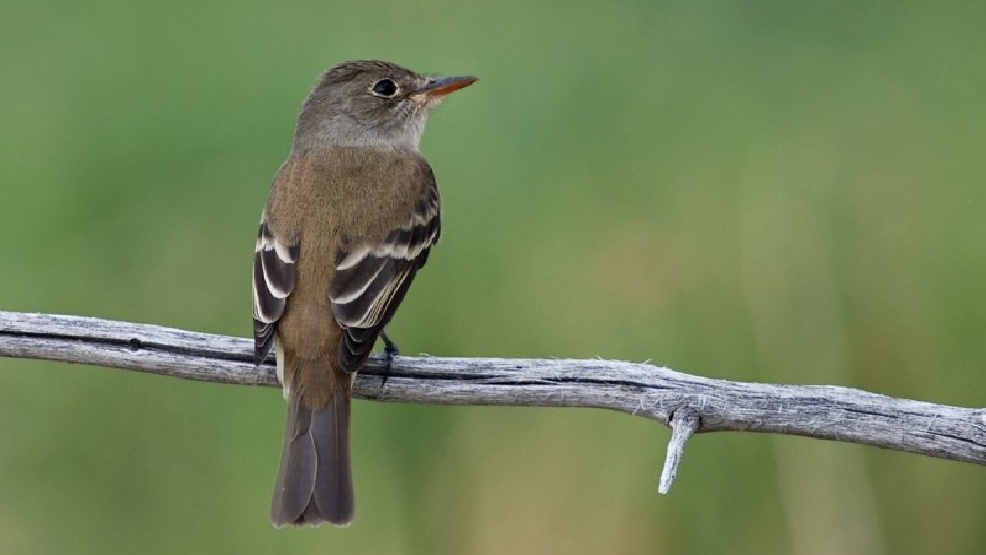
A court challenge of the federal government’s protections of the southwestern willow flycatcher, a bird on the endangered subspecies list, was lost by the New Mexico Cattle Growers’ Association.
The challenge had been filed against the U.S. Fish and Wildlife Service as the cattle association contended the placement of the bird was not a “valid subspecies and thus does not qualify for protection under the Endangered Species Act.”
After the United States District Court for the District of Columbia ruled in favor of the Fish and Wildlife Service, the Cattle Growers Association appealed. Recently, the United States Court of Appeals for the District of Columbia Circuit reviewed the district court’s summary judgment de novo and held that the Service’s decision was neither arbitrary nor capricious.
The case ruling is shown below:
New Mexico Cattle Growers’ Association v. FWS
The case centers on the southwestern willow flycatcher, a bird listed as an endangered subspecies by the United States Fish and Wildlife Service since 1995. The New Mexico Cattle Growers’ Association petitioned the Service to remove the bird from the endangered species list, arguing that it is not a valid subspecies and thus does not qualify for protection under the Endangered Species Act. Their petition relied heavily on a 2015 scientific article by Robert Zink, which critiqued previous studies supporting the subspecies classification. The Service conducted a thorough review, including public comment and expert consultation, and ultimately reaffirmed the subspecies designation, finding that the best available scientific evidence supported its continued listing.
The United States District Court for the District of Columbia reviewed the Service’s decision after the Cattle Growers filed suit, claiming the agency’s determination was arbitrary and capricious under the Administrative Procedure Act. The district court granted summary judgment in favor of the Service and its intervenors, the Center for Biological Diversity and the Maricopa Audubon Society, finding that the Service had reasonably explained its reliance on scientific studies and its application of the non-clinal geographic variation standard to determine subspecies validity.
On appeal, the United States Court of Appeals for the District of Columbia Circuit reviewed the district court’s summary judgment de novo. The appellate court held that the Service’s decision was neither arbitrary nor capricious, as it was based on a reasonable and well-explained evaluation of scientific evidence. The court rejected the Cattle Growers’ arguments regarding the indeterminacy of the non-clinal geographic variation standard and found no merit in claims of constitutional or procedural deficiencies. The judgment of the district court was affirmed.

